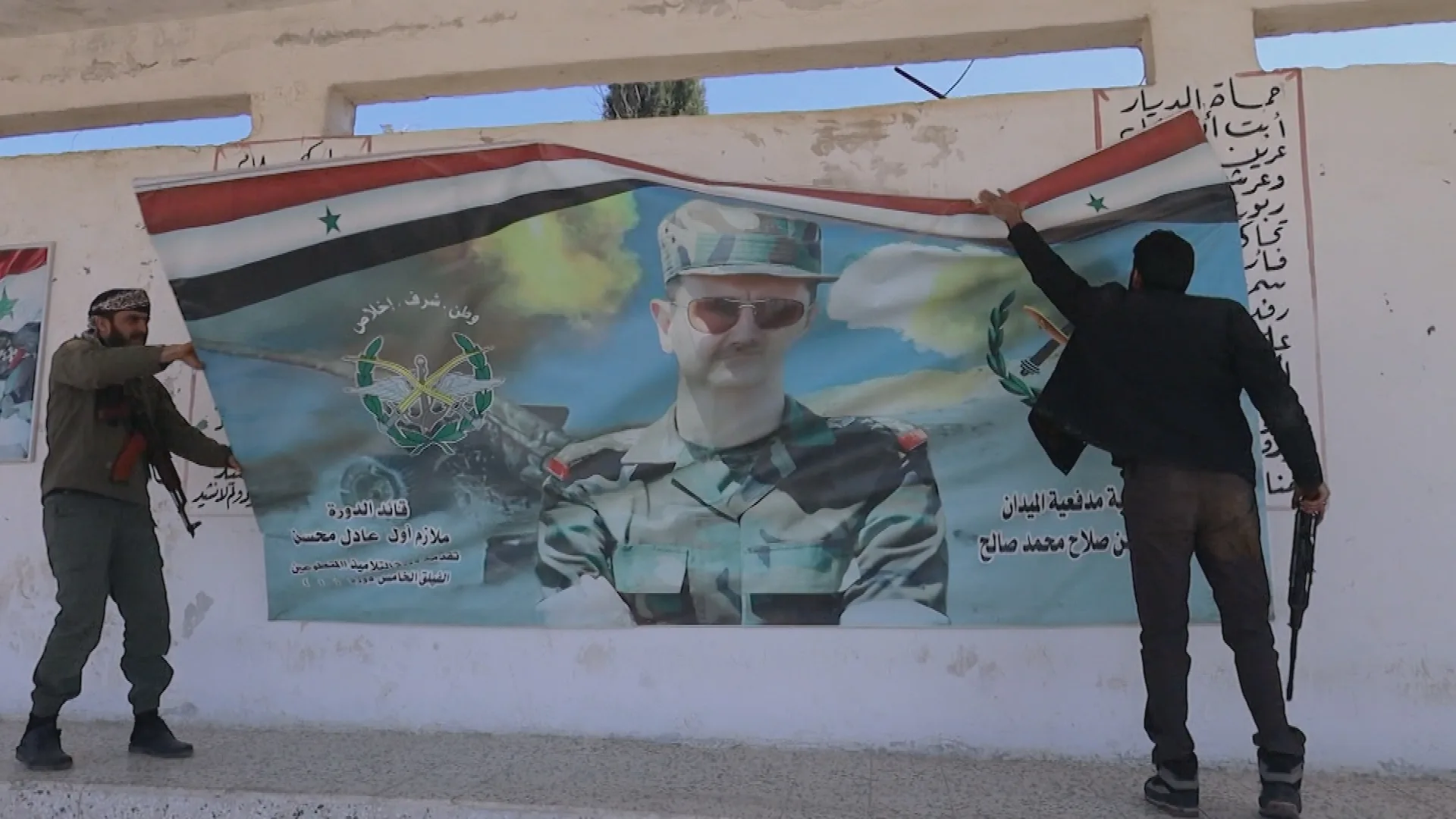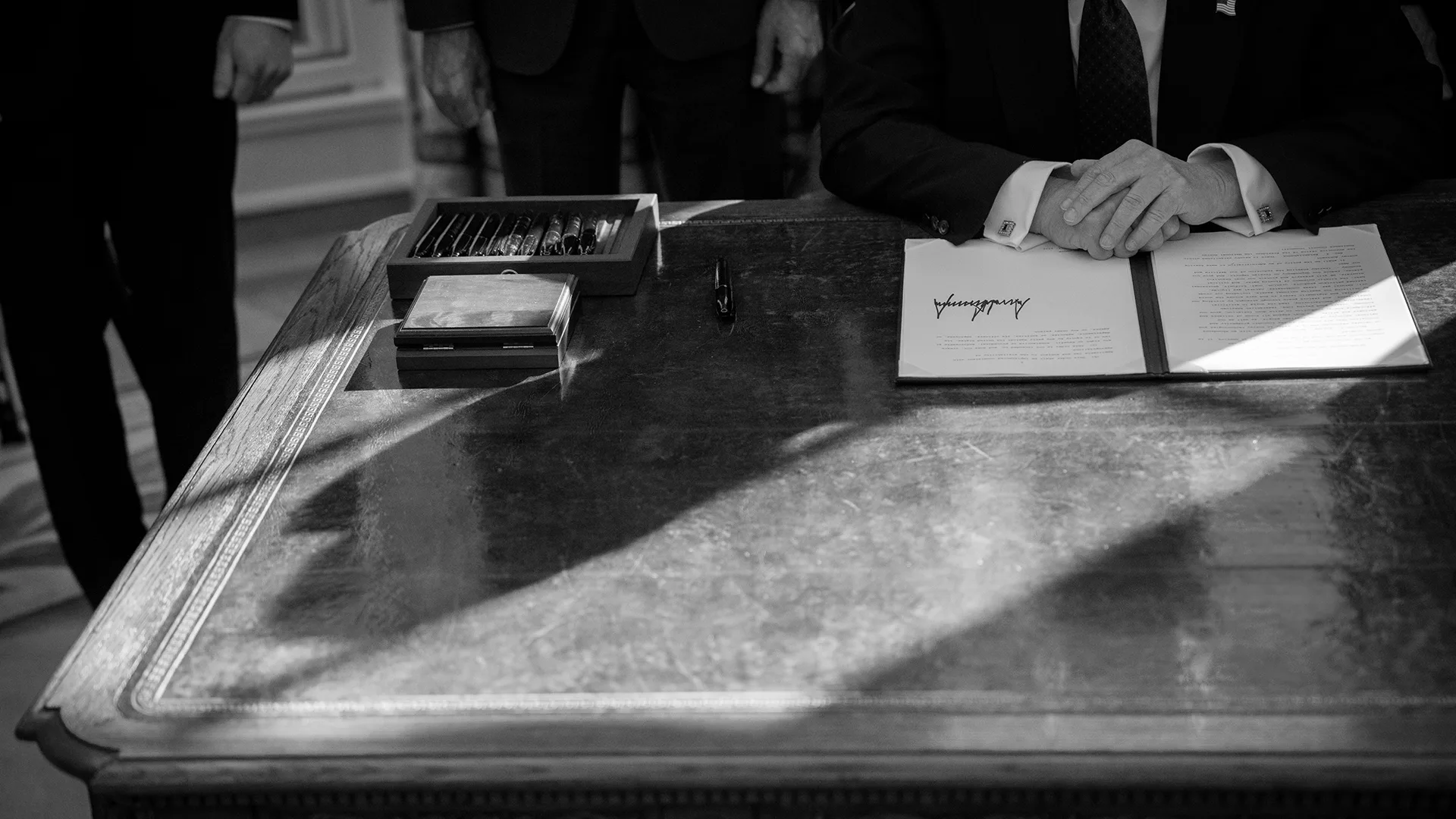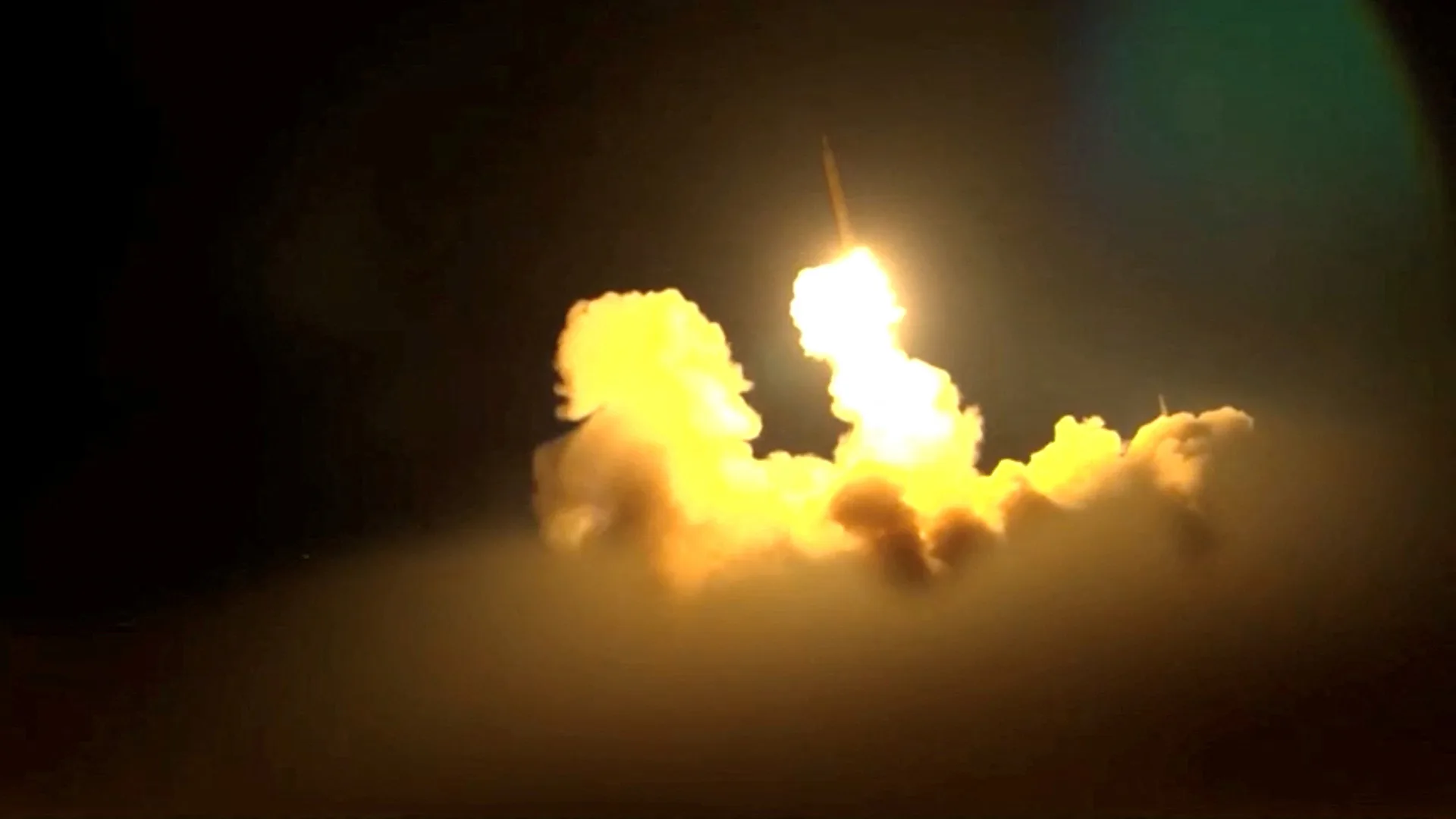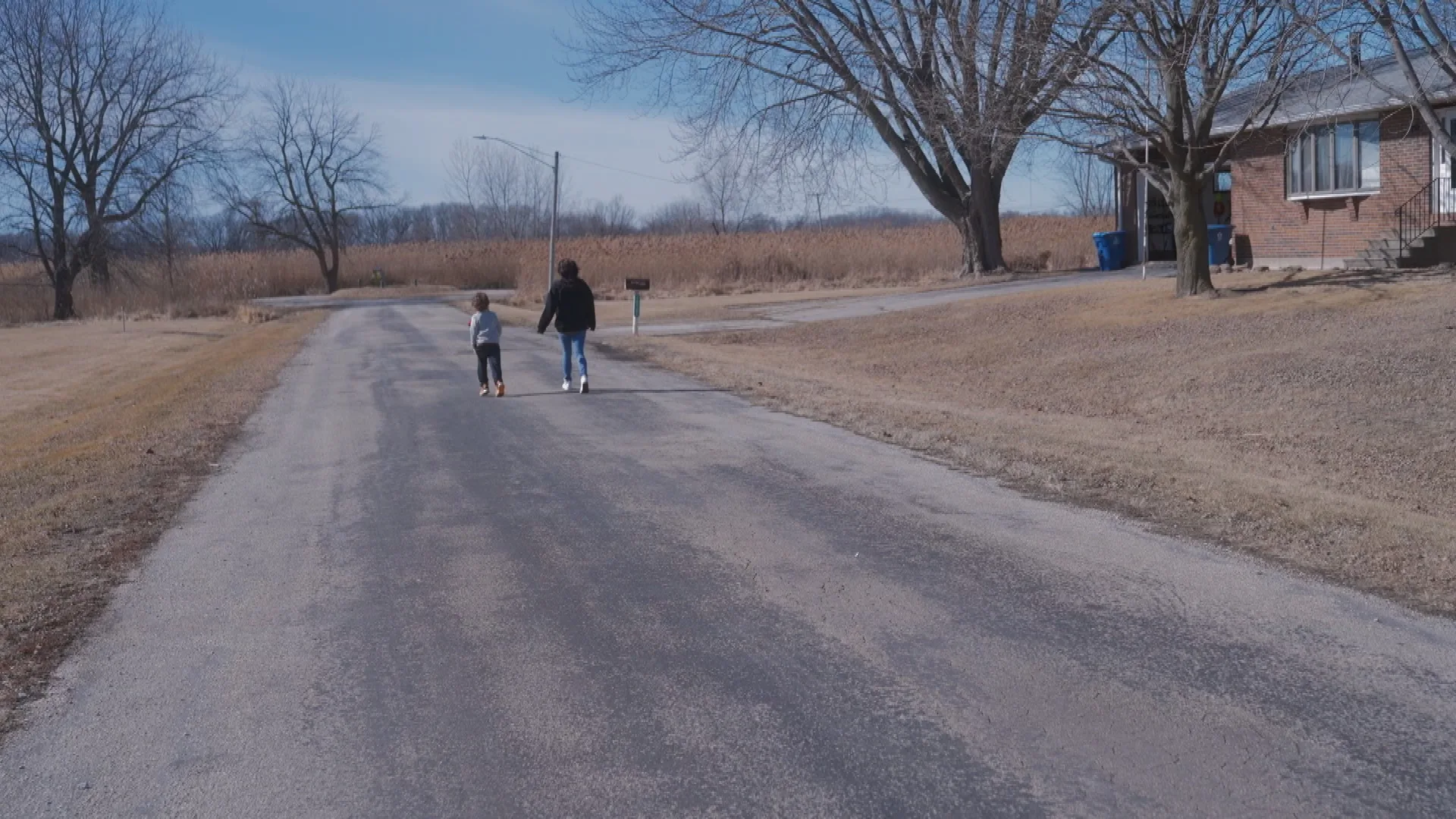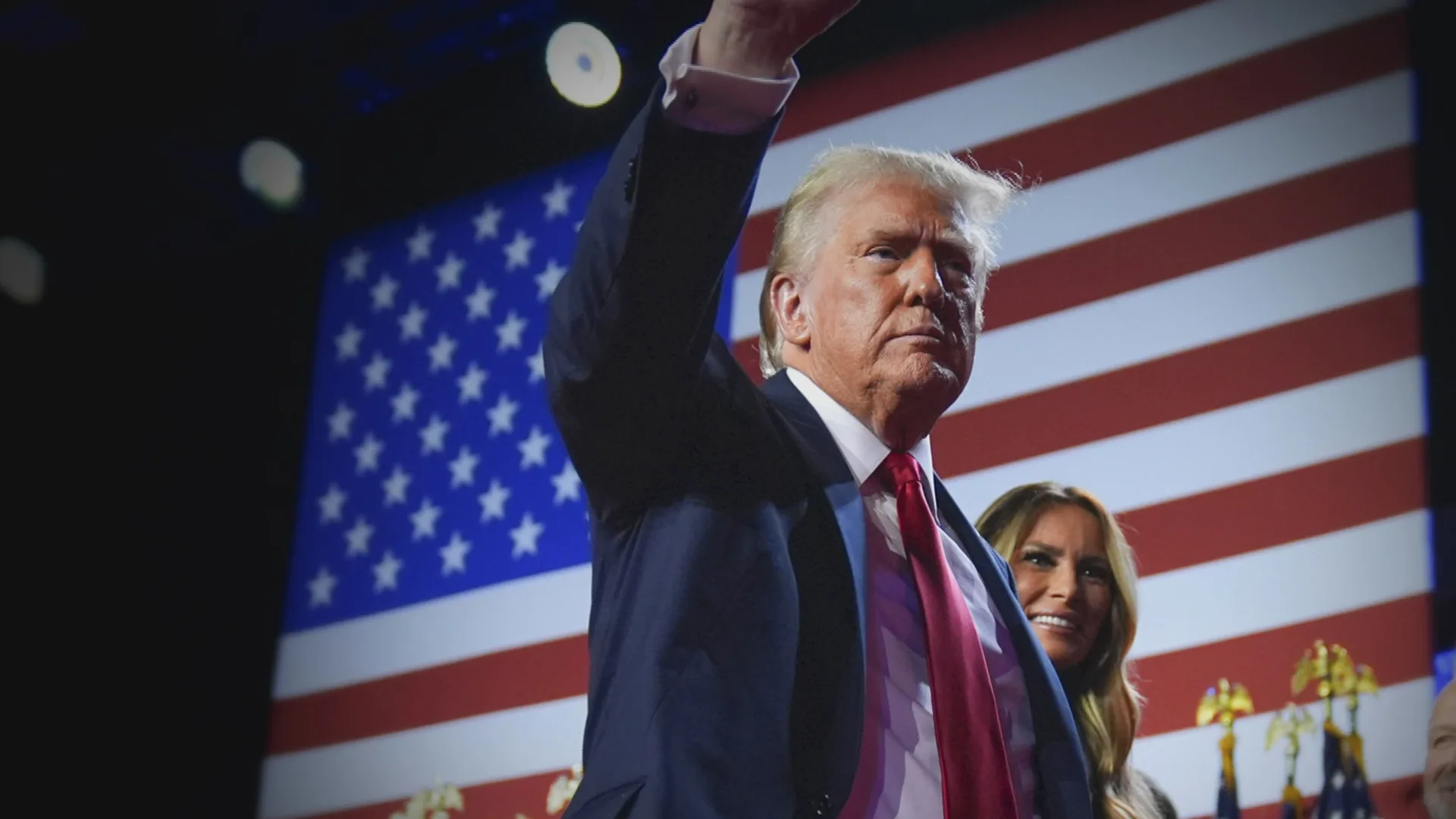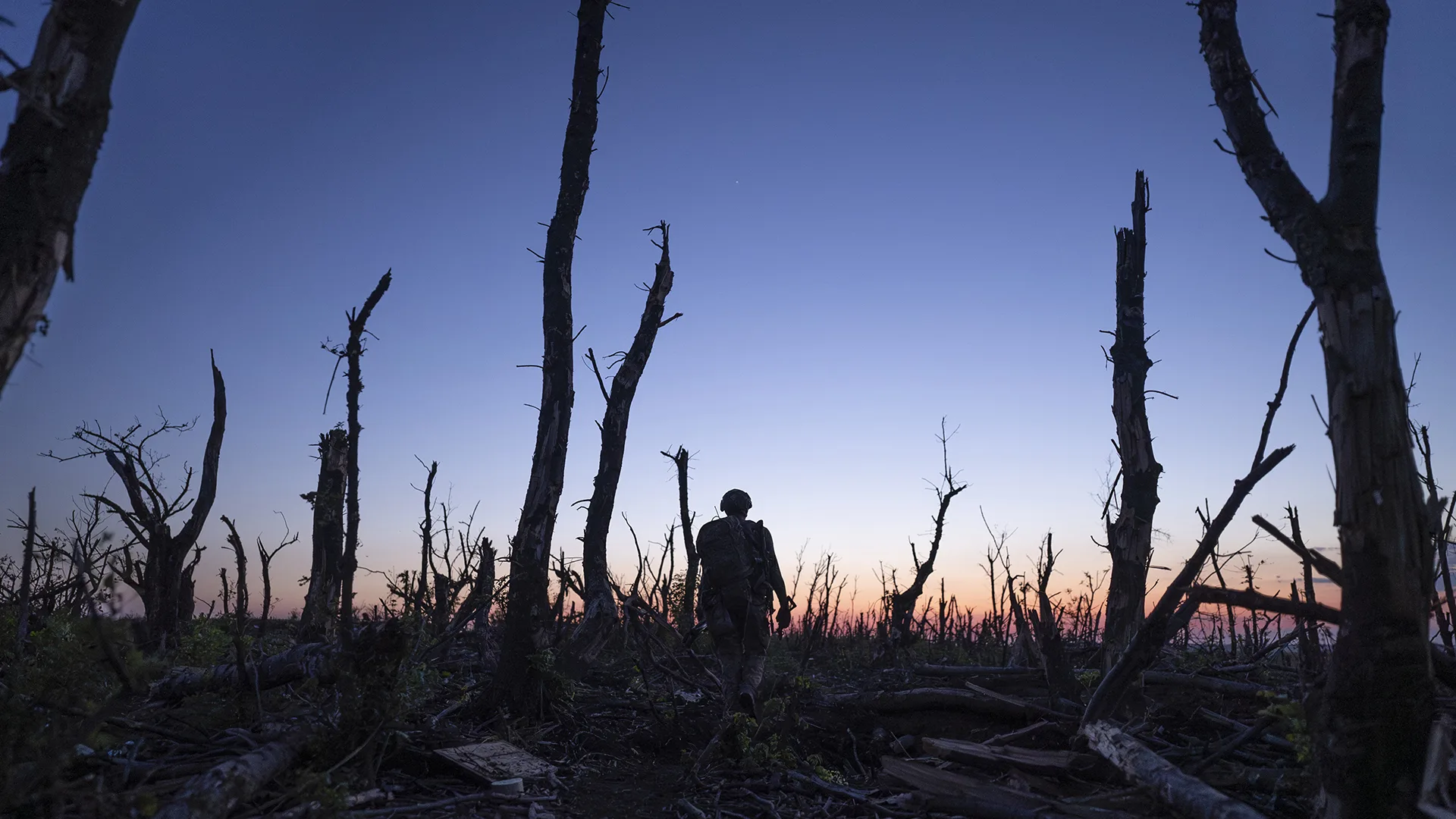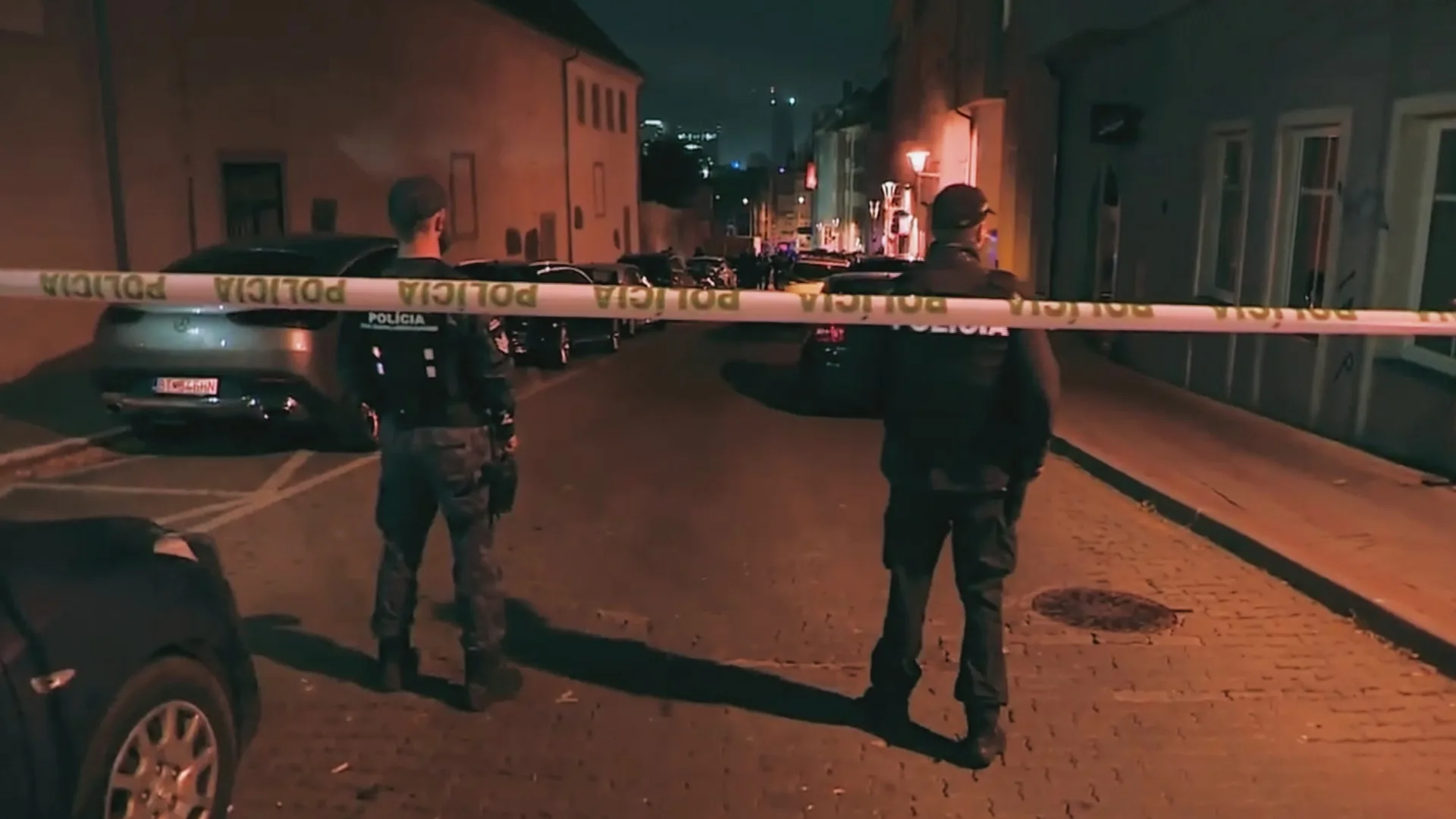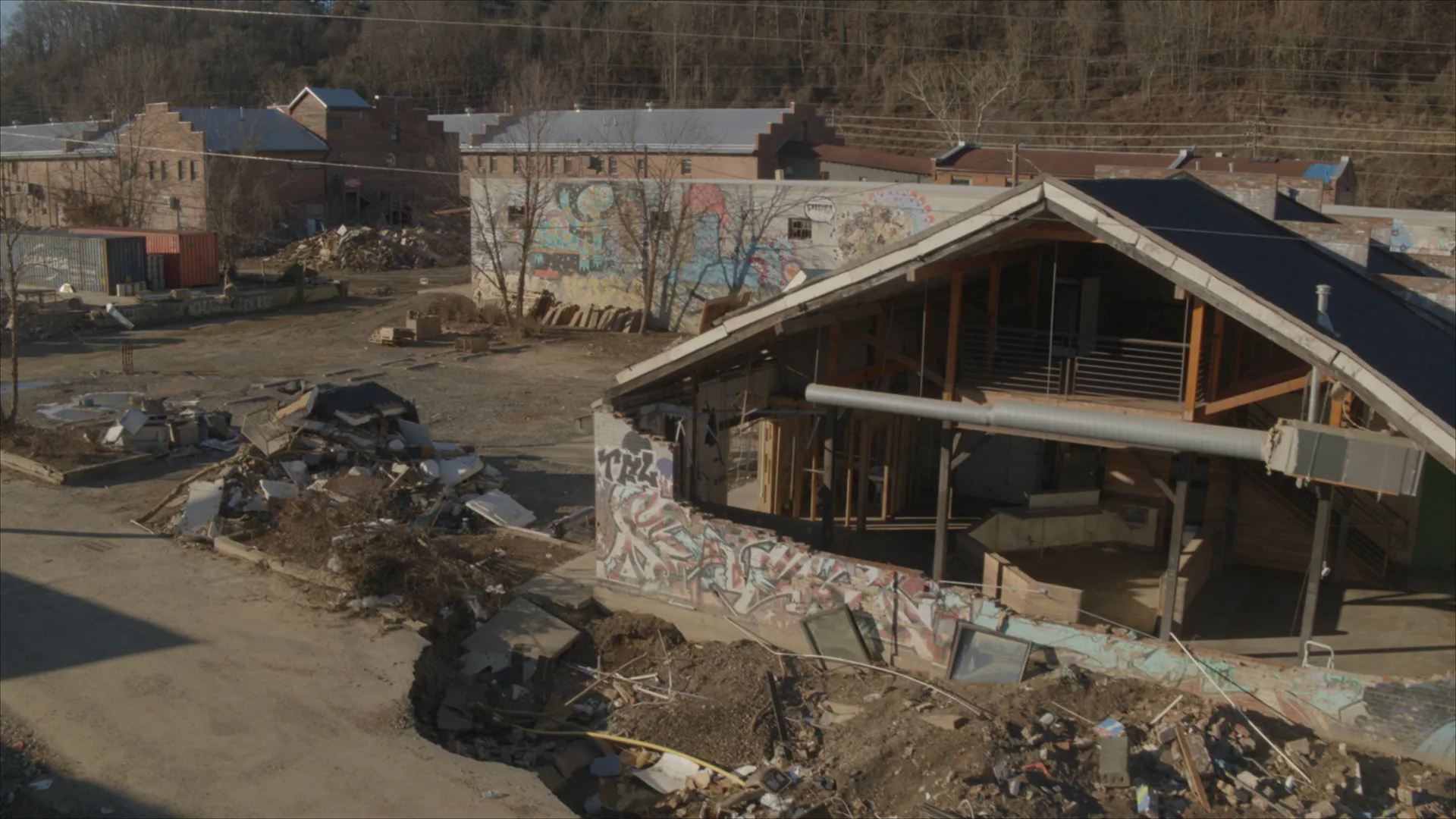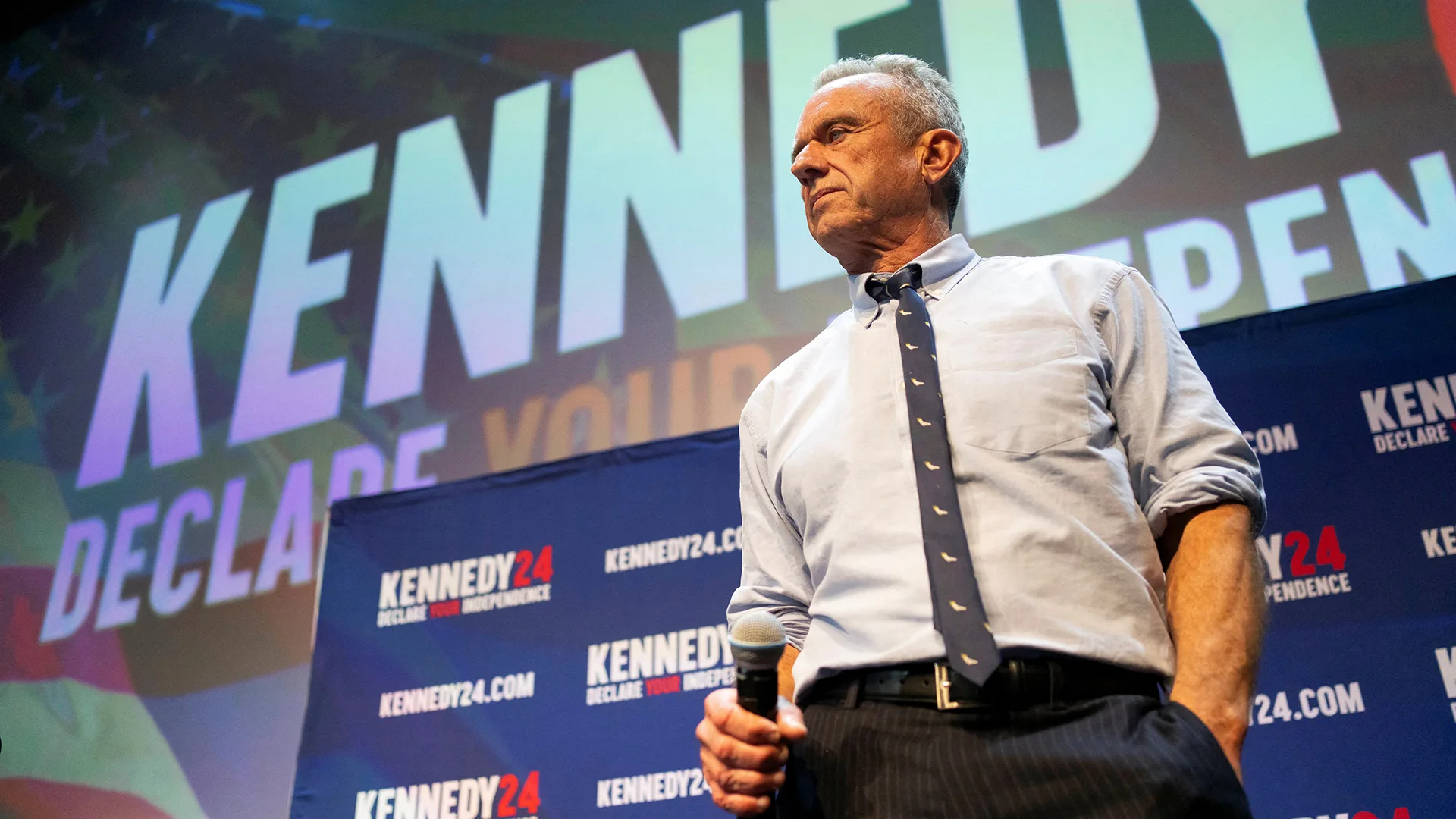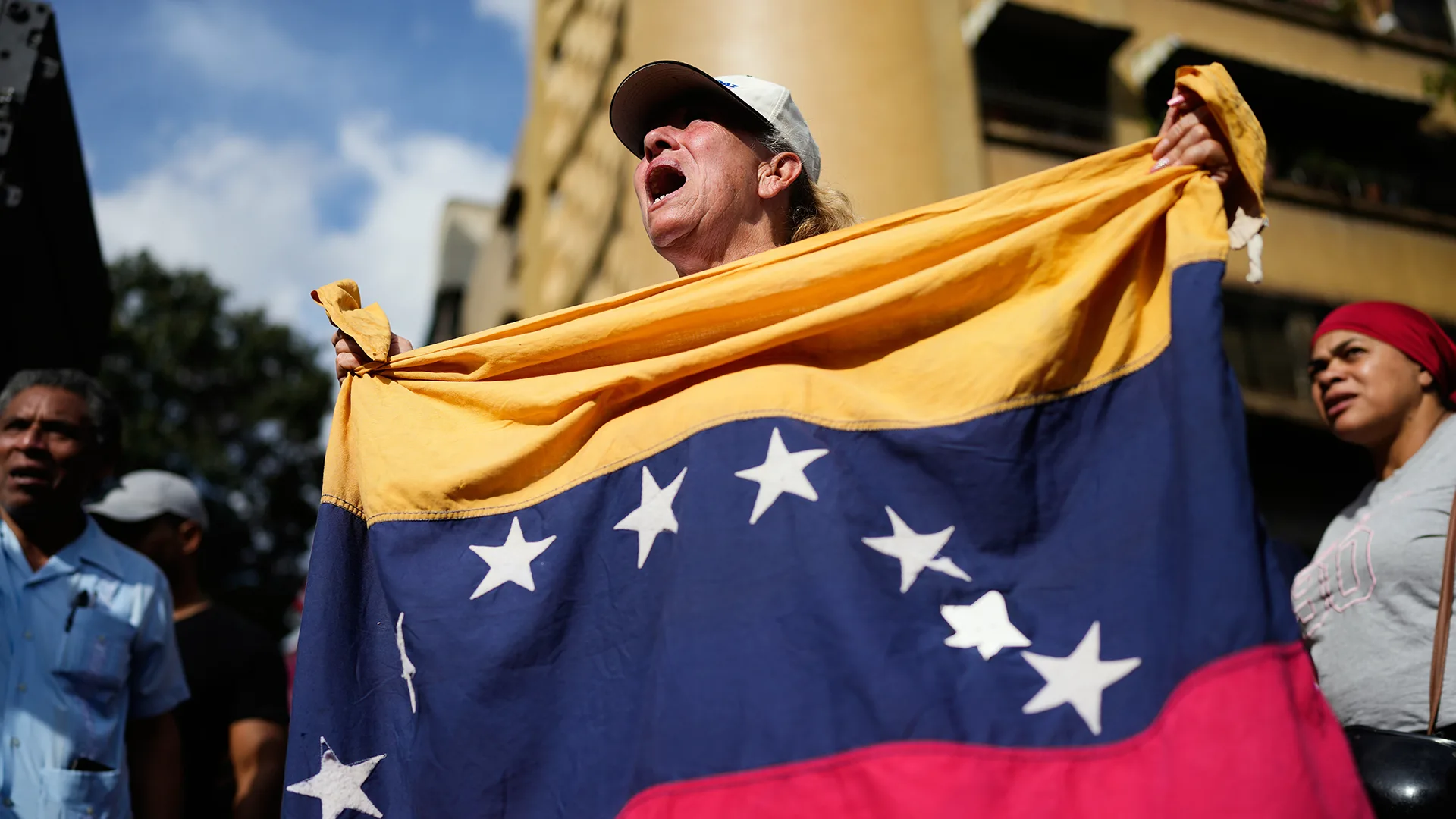Putin’s War at Home
November 1, 2022
54m
Defiant Russians push back against President Vladimir Putin’s crackdown on critics of the war in Ukraine
Putin’s War at Home
November 1, 2022
54m
Share
Meet some of the defiant Russians pushing back against President Vladimir Putin’s crackdown on critics of the war in Ukraine. FRONTLINE tells the inside stories of activists and journalists risking arrest and imprisonment to protest and speak out about the Kremlin’s war effort.
Directed by
Produced by
Transcript
Credits
Journalistic Standards
Support provided by:
Learn More
Most Watched
The FRONTLINE Newsletter
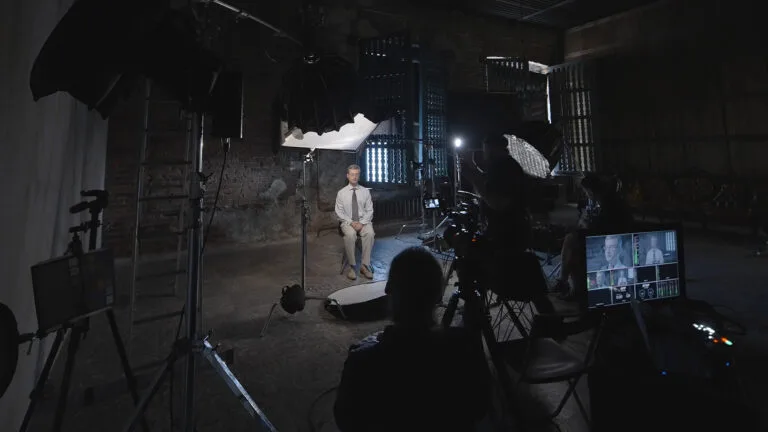
‘The Story Putin Doesn’t Want Told’: Filmmakers Talk About ‘Putin’s War at Home’ Documentary
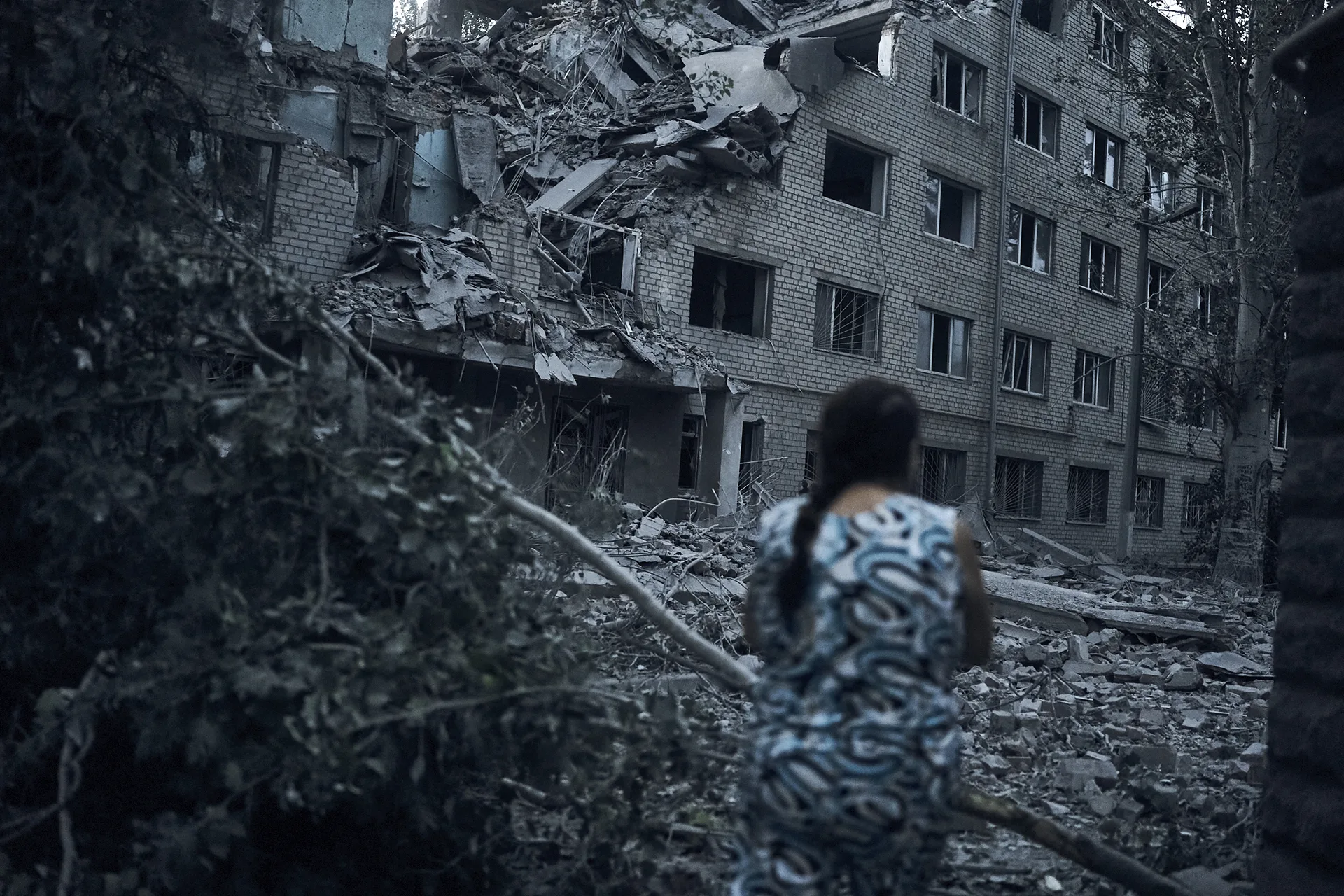
Putin’s Attack on Ukraine
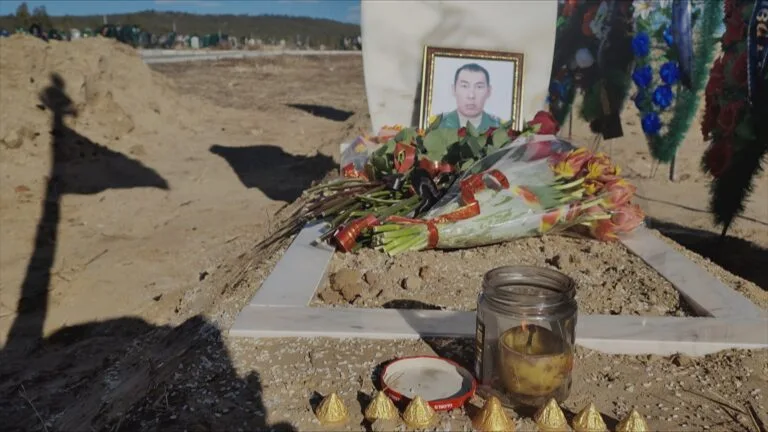
Putin’s Crackdown on Dissent Inside Russia
Related Stories
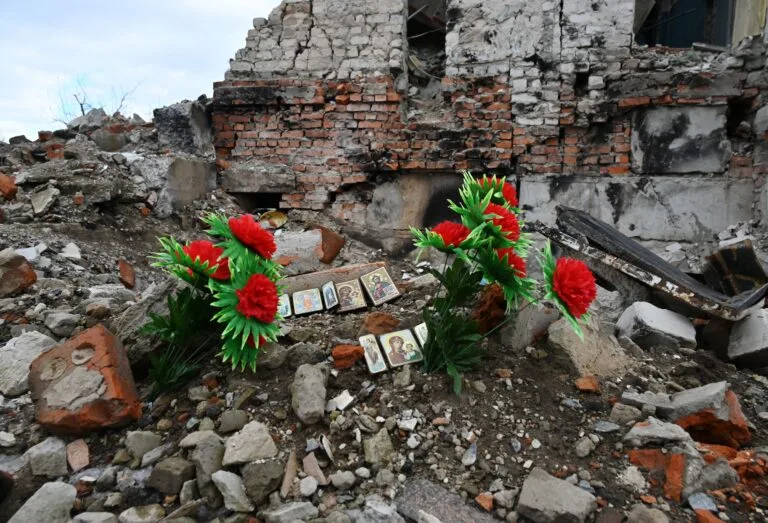
Russia’s Invasion of Ukraine, One Year Later
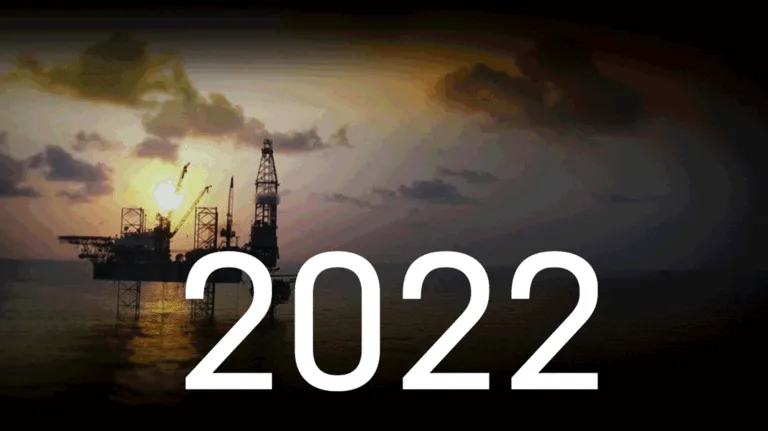
Watch 2022’s 10 Most-Streamed New FRONTLINE Documentaries

‘The Story Putin Doesn’t Want Told’: Filmmakers Talk About ‘Putin’s War at Home’ Documentary
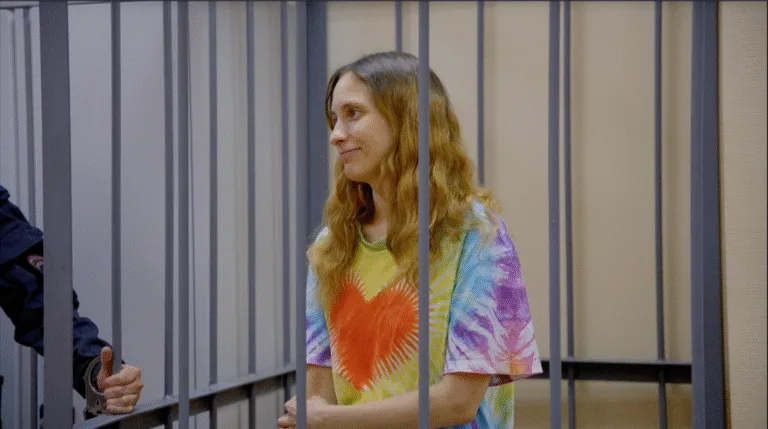
She Posted Anti-War Stickers in A Russian Grocery Store. She Now Faces Up to 10 Years in Prison.
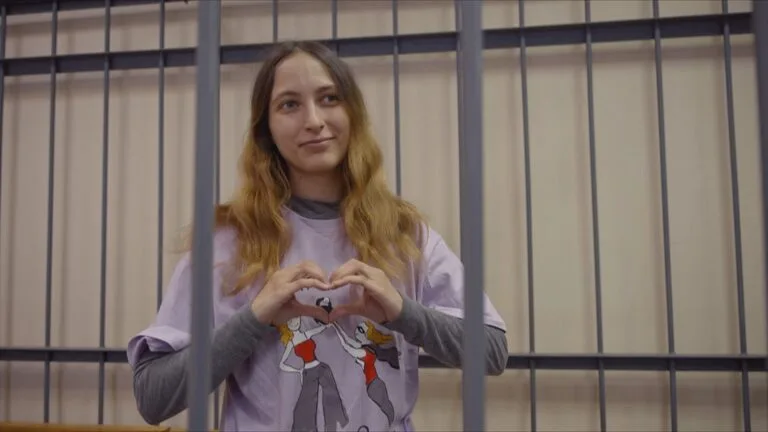
Artist Sentenced to 7 Years in Prison in Russia After Posting Anti-War Stickers in a Grocery Store
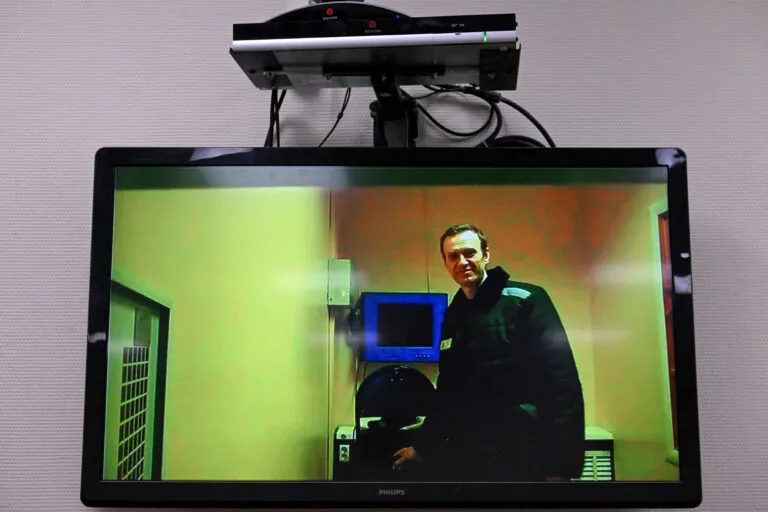
Following Reported Death of Putin Critic Alexei Navalny, A Look at Dissent in Putin’s Russia
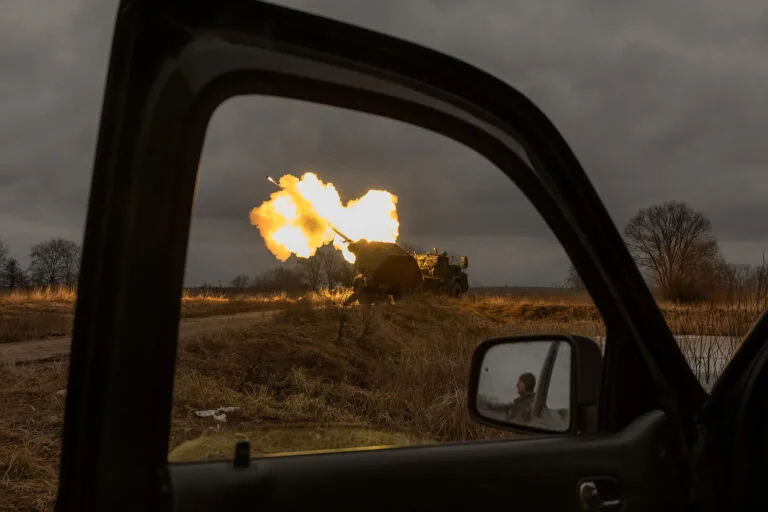
Russia’s Invasion of Ukraine, Two Years Later
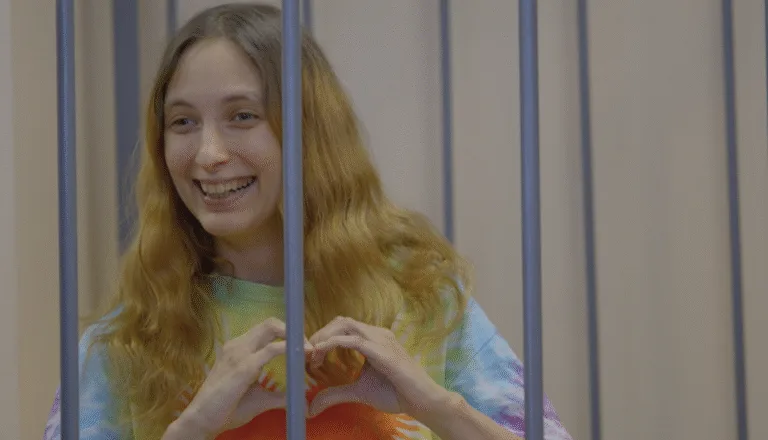
Russian Artist Whose Anti-War Protest Was Featured in FRONTLINE Documentary Is Released in Historic Prisoner Swap
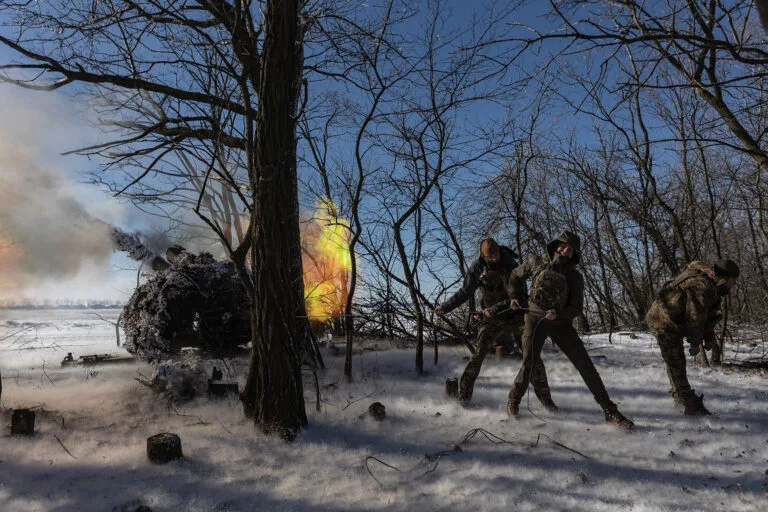
Russia’s War on Ukraine Enters Its Fourth Year
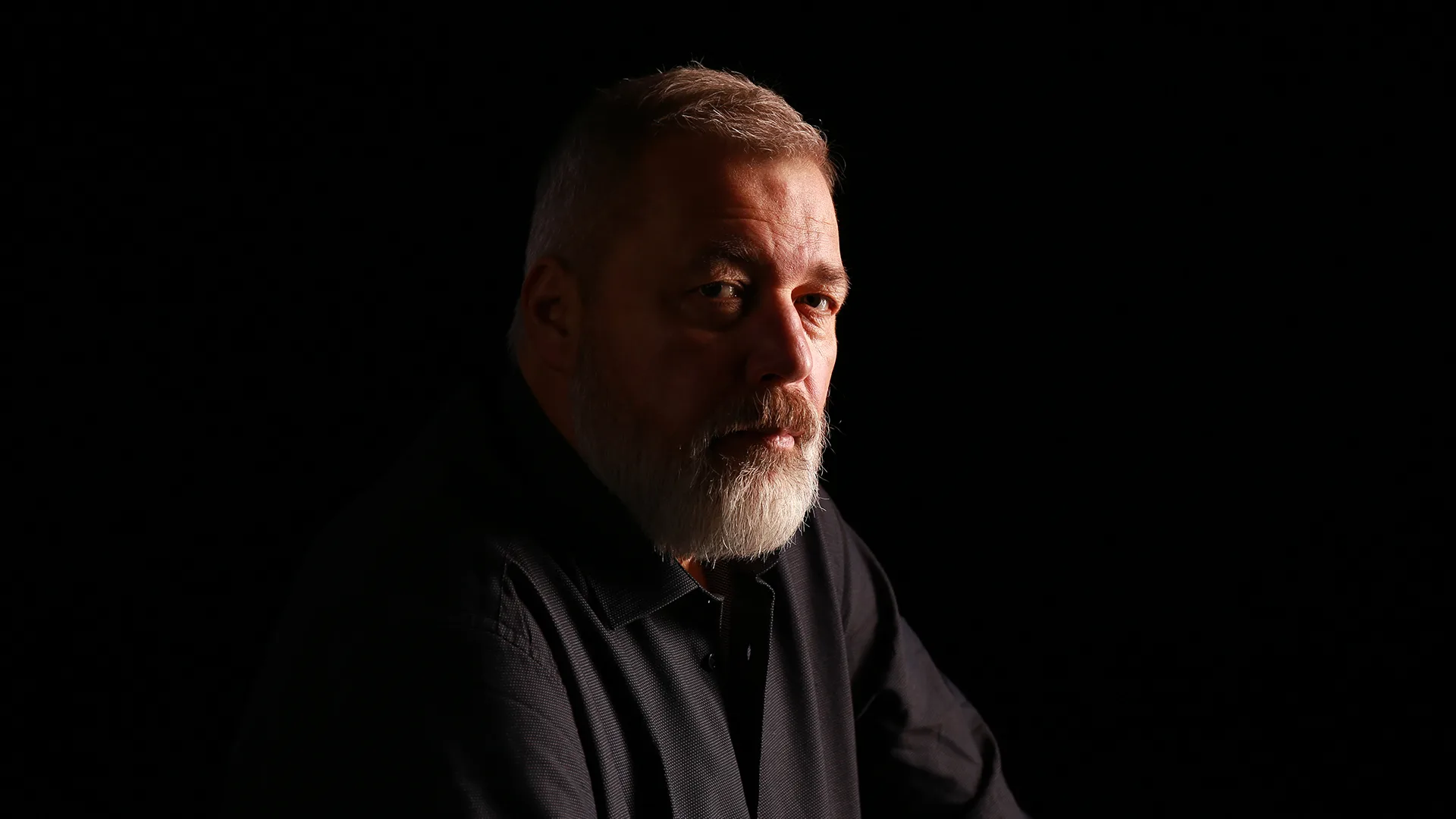
Putin vs. the Press

Putin’s Attack on Ukraine
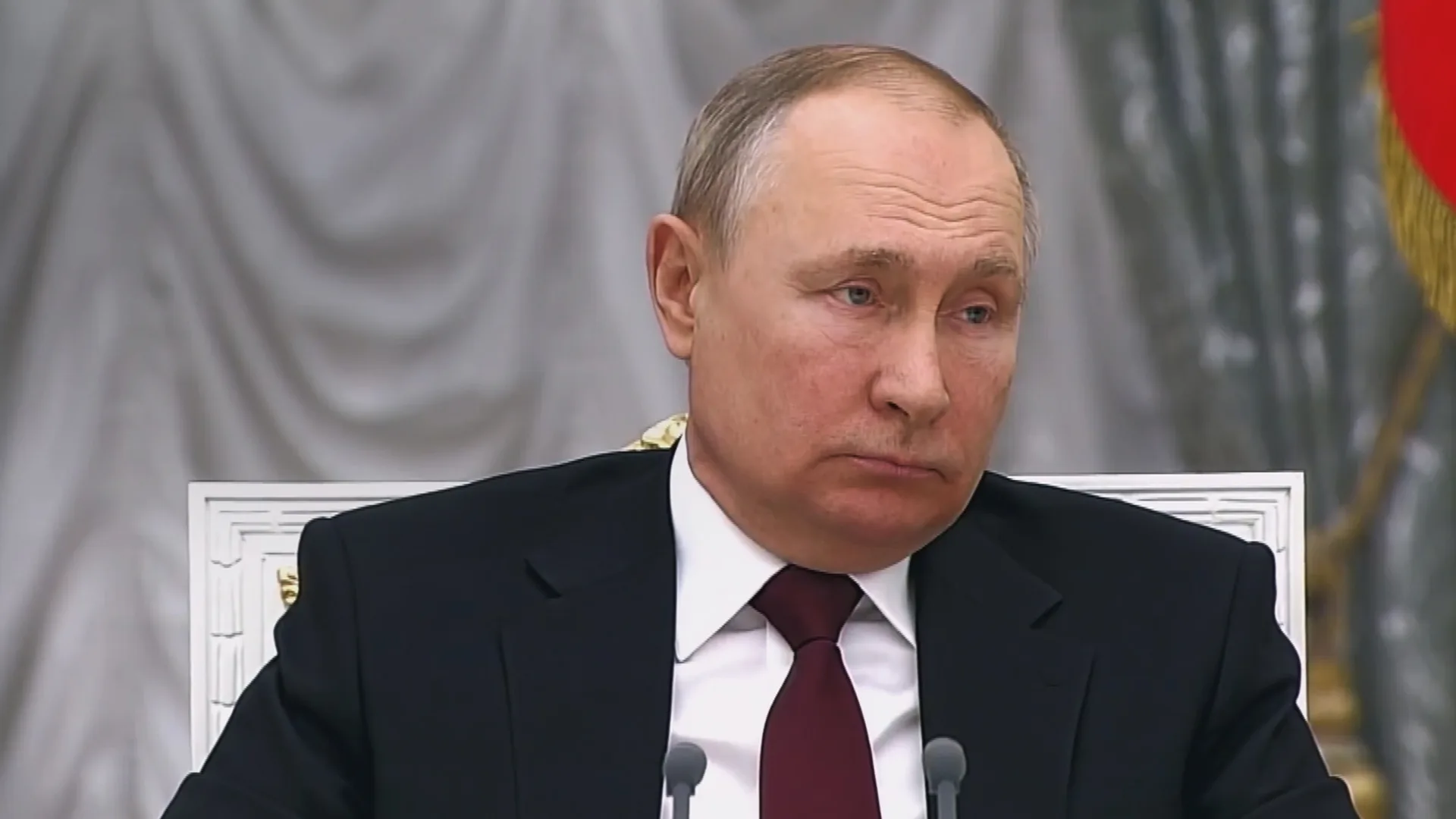
Putin’s Road to War
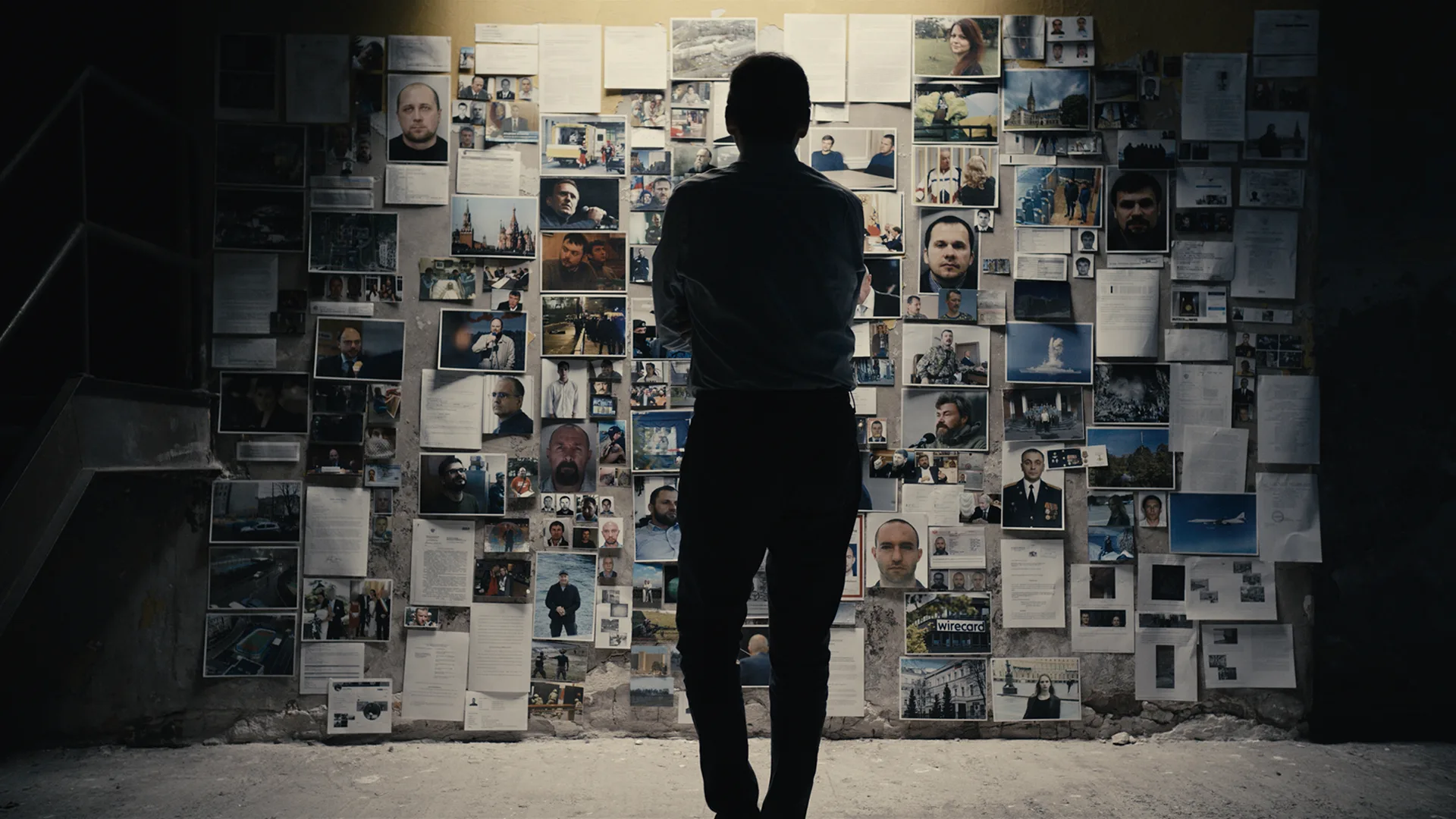

Putin’s Crackdown on Dissent Inside Russia
Related Stories

Russia’s Invasion of Ukraine, One Year Later

Watch 2022’s 10 Most-Streamed New FRONTLINE Documentaries

‘The Story Putin Doesn’t Want Told’: Filmmakers Talk About ‘Putin’s War at Home’ Documentary

She Posted Anti-War Stickers in A Russian Grocery Store. She Now Faces Up to 10 Years in Prison.

Artist Sentenced to 7 Years in Prison in Russia After Posting Anti-War Stickers in a Grocery Store

Following Reported Death of Putin Critic Alexei Navalny, A Look at Dissent in Putin’s Russia

Russia’s Invasion of Ukraine, Two Years Later

Russian Artist Whose Anti-War Protest Was Featured in FRONTLINE Documentary Is Released in Historic Prisoner Swap

Russia’s War on Ukraine Enters Its Fourth Year

Putin vs. the Press

Putin’s Attack on Ukraine

Putin’s Road to War


Putin’s Crackdown on Dissent Inside Russia
MOSCOW
FEMALE VOICE:
[Speaking Russian] We’ve decided not to participate in the film. Things are just getting worse. Laws are getting tougher and I’m terrified. I’m waking up with panic attacks. Because if everyone sees this, Russian police will see it, too, and they will come for us.
VASILIY KOLOTILOV, Correspondent:
We knew from the very beginning that the risks for all the contributors and all the team making this film are immense.
NARRATOR:
Vasiliy Kolotilov is a Russian journalist. He has been working with FRONTLINE inside Russia to document the lives of those who oppose the war in Ukraine. President Putin has signed laws that crack down on protest of the war and independent reporting of its human cost. Many news outlets have shut down.
VASILIY KOLOTILOV:
The regime has become much more authoritarian.
VASILIY KOLOTILOV:
People here are very scared to talk. But there are still people who don’t want to be silent.
VLADIMIR PUTIN:
[Speaking Russian] Any people, and even more so the the Russian people, will always be able to distinguish true patriots from scum and traitors and simply spit them out like a fly that accidentally flew into the mouth. Spit them out. I am convinced that such a natural and necessary self-cleansing of society will only strengthen our country.
VASILIY KOLOTILOV:
I wanted to give voice to the people who are opposing the war that Russia started. They’re opposing the repressions that are going on in the country.
The Russian government wants people to think that all Russians are supporting the war. It’s not true. It doesn’t work like that.
ST. PETERSBURG
SONIA:
[Speaking Russian] To my shame I’ve not been interested in politics for many years. When the war broke out in Ukraine, everything changed.
Sasha and I met five and a half years ago.
SASHA
SONIA:
[Speaking Russian] Sasha moved in with me and we started living together as a family. We realized it was impossible to stay silent and we went to the rally at Gostiny Dvor.
CROWD [chanting]:
[Speaking Russian] No to war! No to war!
SONIA:
[Speaking Russian] I wanted to say, “No to war.” Nobody could have imagined that such events would begin at the end of February and political repression would unfold so widely across the country.
NARRATOR:
Independent polls show that a majority of Russians say that they support the war. But there’s a large, often silent population that doesn’t. Putin’s laws have effectively made it a crime to oppose the war.
SONIA:
[Speaking Russian] The words “No to war” are considered extremist here. You could go to prison for 10 or 15 years. This explains why hundreds of thousands don’t go to the protests. Everyone who opposes is arrested, beaten, imprisoned and tortured.
NARRATOR:
Amid the crackdown on dissent, Sasha, an artist, found a new way to express her opposition.
SONIA:
[Speaking Russian] I remember well the day when Sasha was arrested. The idea of anti-war stickers instead of price labels became popular in Russia.
SONIA:
[Speaking Russian] These stickers, they are very similar to regular store price labels. But instead of the price, there are numbers about the war in Ukraine.
Russian troops blocked humanitarian aid.
Civilians need food and medicines.
SONIA:
[Speaking Russian] I think Sasha saw these photos on the internet and decided to do the same.
Stop the war! 4,300 Russian soldiers died in the first three days. Why are they silent about this on TV?
Putin has been lying to us from TV screens for 20 years. The result of this lie is our willingness to justify war and pointless deaths.
SONIA:
[Speaking Russian] Sasha left five anti-war stickers in a shop.
Russian army bombed an art school in Mariupol. About 400 people were hiding there from shelling.
SONIA:
[Speaking Russian] The precise reason for her arrest was the price label with information about the victims in Mariupol. The official line is this did not happen, so it’s considered a fake statement against the Russian army and therefore a criminal offense.
A pensioner informed on her. Using surveillance cameras, they identified her and tracked her to a friend’s house.
NARRATOR:
Sasha has been in jail awaiting trial ever since her arrest.
SIBERIA
EASTERN RUSSIA
NARRATOR:
Two journalists working in this remote region of Siberia have agreed to talk. Since the war began, they have been reporting on Russian military deaths despite a national ban on doing so.
VASILIY KOLOTILOV:
What they’re doing is exactly what the Russian government doesn’t want journalists to do. They travel around their region to document the deaths of Russian soldiers in Ukraine.
MALE CREW MEMBER:
[Speaking Russian] Cameras rolling!
VASILIY KOLOTILOV:
I’m actually surprised to see them not in jail.
[Speaking Russian] Do you understand that you are risking a criminal punishment of eight to 15 years for disseminating unreliable information about the armed forces of the Russian Federation, as well as for cooperation with foreign media?
ELENA:
[Speaking Russian] I understand that I might be punished.
OLGA:
[Speaking Russian] I understand that I might be punished.
ELENA:
[Speaking Russian] By taking this position we potentially can ruin our whole lives.
OLGA:
[Speaking Russian] My brain refused to believe that war had begun. That it had really happened. I couldn’t understand it.
VLADIMIR PUTIN:
[Speaking Russian] The most important thing to make clear: They didn’t give us any choice to act differently. The security risk meant it was impossible to respond by any other means.
ELENA:
[Speaking Russian] Now there would be censorship and all independent media would be closed down.
Two years ago we started an online magazine, ‘‘Baikal People.” On February 24, we decided to continue without censoring ourselves, whatever the cost.
NARRATOR:
The area around Lake Baikal is home to an ethnic minority, the Buryats. The Russian military draws heavily from this area. The reporters showed us footage they filmed just over a month after the invasion. The bodies of Russian soldiers killed in Ukraine were being taken for burial.
MALE VOICE:
[Speaking Russian] Shall I stop here?
FEMALE VOICE:
[Speaking Russian] Maybe get a little closer.
NARRATOR:
Military deaths are classified as state secrets in Russia, and the government rarely releases figures.
ELENA:
[Speaking Russian] It was obvious we couldn’t write about anything else. If people find out what losses we are suffering in Ukraine, then many of them will change their opinion of the “special operation” and stop feeling like they are citizens of a great country.
NARRATOR:
Olga and Elena learned that a nearby sports complex was being used as a funeral hall. They managed to get inside and film.
OLGA:
[Speaking Russian] I quietly walked in and saw first one coffin surrounded by people, then a second coffin. Then a third and a fourth. And it was a shock.
NARRATOR:
Olga and Elena reported the names of the dead soldiers on their website. They also wrote about the impact of the war on the local community. The region is estimated to have one of the highest casualty rates from the war in the country.
The government blocked Russians from accessing the website, claiming the journalists were spreading “inaccurate information.”
OLGA:
[Speaking Russian] No one here tells the stories of these people. No one interviews them and writes about their families.
NARRATOR:
But the journalists continued their investigation into military deaths in Ukraine. They began building a database of hundreds of Russian fighters from this area killed in the war.
ELENA:
[Speaking Russian] What kind of democracy is it if a person can’t say anything against it?
ST. PETERSBURG
NARRATOR:
Another opponent of the war has agreed to talk to Vasiliy. She posts about life in Russia on TikTok.
NATALIA:
[On TikTok] I have seen a few of the police cars passing by, so maybe there is not a protest going on today. I’m not sure.
VASILIY KOLOTILOV:
She’s against Putin. She’s against the war. She tries to tell the Western audience what’s actually happening in Russia.
NATALIA:
The first thing that suffers during a war is truth. The truth is something that lost its meaning completely.
On the 4th of March, all the big independent channels started to close down. They started silencing everyone. It felt fairly apocalyptic. Everyone was saying that an iron curtain is coming down on Russia.
NARRATOR:
Russian users have been banned from uploading content on TikTok since early March. But Natalia, who’s asked us not to use her full name, has found a way to get around the restrictions.
NATALIA:
[On TikTok] Hello, everyone. My name is Natalia.
I’m one of the few people inside of Russia who have been documenting what’s been happening since the beginning of the so-called special military operation because I felt like no one was speaking at all.
NARRATOR:
She uses a British SIM card for her phone that she’s kept from her years living in London.
NATALIA:
My TikTok channel is called Iron Curtain Life.
[On TikTok] I did not expect to go viral at all. Fingers crossed I’m not going to get sent to gulag.
NARRATOR:
Russians are blocked from viewing her posts, which is why she thinks she hasn’t been arrested. But she gets tens of thousands of views outside the country.
NATALIA:
[On TikTok] You know, the screws are being tightened. You get sentences for, you know, the smallest thing now. You cannot legally protest.
NARRATOR:
Natalia’s stance on the war has put her in opposition not only to Putin’s government, but to members of her own family.
NATALIA:
My mother watched more and more state TV. She got very different views, that Ukraine is planning on attacking us.
RUSSIAN CRIMEA DAY RALLY:
[Singing in Russian] Russia, Russia! Fire and strength in that word.
NATALIA:
I have to watch because you have to know your enemy.
RUSSIAN CRIMEA DAY RALLY:
[Singing in Russian] We raise the Russian flag.
NATALIA:
[On TikTok] Happy Crimea Day! Eight years ago Russia annexed Crimea, or how we say, “Motherland freed Crimea. Cry me a river.” And behind me there is a national holiday celebration in Moscow that is live streamed on state TV. The tag line of the event is “for victory and for the world without Nazis.” The level of ridiculousness is escalating really fast.
MALE VOICE:
[Speaking Russian] Vladimir Vladimirovich Putin!
VLADIMIR PUTIN:
[Speaking Russian] Peoples of the Russian Federation, united by a common destiny.
NATALIA:
We actually do have a lot of people who care about our country falling apart and becoming the next North Korea. It’s important that the world knows that the resistance is ongoing and there are people who disagree with the current regime.
VASILIY KOLOTILOV:
All of our characters’ voices are significant. But what joins them together is that they are brave enough to confront the government.
NARRATOR:
Vasiliy, the Russian journalist working with us, is on his way to the southwest of the country to meet another outspoken critic of the war, a law professor whose parents live in Ukraine.
VASILIY KOLOTILOV:
Roman is really worried about his parents, because his parents are from Ukraine and they are in Ukraine right now.
VOLGOGRAD
ROMAN’S MOTHER [on phone]:
[Speaking Russian] They said the war had begun. We could hear explosions. We probably won’t go to the basement because your dad is sick. Everyone’s scared of what’s going to happen next.
NARRATOR:
Since the start of the war, Roman has uploaded videos to YouTube of his conversations with his mom. She and his dad are living under Russian bombardment in the southeastern Ukrainian city of Nikopol.
ROMAN:
[Speaking Russian] I was shocked. I had just been to Ukraine visiting my parents and nothing suggested this would happen.
This is my mother, probably at kindergarten. They spoke Ukrainian. My mom and her brother. This was the house in Nikopol. I loved going to Nikopol when I was a child.
On only the second or third day, my mother said they were not going anywhere, because they—they’ve lived their lives and are accepting their fate. Even if the city is reduced to zero they were going to stay.
I immediately posted, “No to war.” Stupid. [Laughs] I didn’t know it couldn’t be done anymore. I thought “No to war” was a good thing, normal.
I was somehow naive. I reposted a video.
NARRATOR:
The video showed destroyed Russian tanks. They had been attacked by Ukrainian forces as they tried to advance on the capital, Kyiv.
ROMAN:
[Speaking Russian] My goal was to tell the Russian people about the horrors that were happening.
NARRATOR:
He was charged under Putin’s new laws, accused of spreading false information about the armed forces.
VASILIY KOLOTILOV:
[Speaking Russian] What were the consequences for you?
ROMAN:
[Speaking Russian] I was fined 30,000 rubles. And I can no longer hold the position of teacher and researcher at Volgograd University. I was fired.
Looking back at these posts now, I can’t figure out what’s legally wrong with them. I missed a tiny detail—a change of era. On the night of the 24th there was a change of era. What used to be allowed is no longer allowed and vice versa. You can no longer call things by their proper names.
SIBERIA
EASTERN RUSSIA
NARRATOR:
Olga and Elena, whose website was blocked after they filmed the coffins of Russian soldiers, have moved their office to keep one step ahead of the authorities.
OLGA:
[Speaking Russian] We realized we needed a place where we could keep money, documents. A safe space where you can spend the night or work.
NARRATOR:
The reporters are trying to piece together the truth about the number of soldiers from their region in Siberia who’ve died. Their database of casualties has grown to over 400 names and has become a unique resource for the international media. Olga and Elena know they’re taking a risk.
OLGA:
[Speaking Russian] The court ruled that publishing a list of the dead amounted to the disclosure of state secrets. You can go to prison for it. I talked to my kids, I talked to my husband. I warned them we may be raided.
ELENA:
[Speaking Russian] We hope that if we get warning we can grab our passports and leave. We hope to buy time.
NARRATOR:
They’ve gotten a lead about the death of a young man from a remote village. They are looking for his grave.
MALE DRIVER:
[Speaking Russian] Here’s the cemetery.
FEMALE VOICE 1:
[Speaking Russian] Will it have flags?
FEMALE VOICE 2:
[Speaking Russian] He’ll have flags. We saw them in the photo.
ELENA:
[Speaking Russian] Is this the right one?
OLGA:
[Speaking Russian] Look at the date of his death, March 18. That says a lot. The flag of Donetsk. I wonder who put it here.
ELENA:
[Speaking Russian] Probably his comrades.
NARRATOR:
The date of his death and the flag of Donetsk, a contested region of Ukraine, both suggest he died in the war there. But there’s no mention of any military unit.
OLGA:
[Speaking Russian] It’s chilly, like it’s not summer.
NARRATOR:
The reporters continue their investigation.
ST. PETERSBURG
NARRATOR:
Back in St. Petersburg, there’s a new development for Vasiliy to film—a bail hearing for Sasha, who was arrested for replacing supermarket labels with messages protesting the war.
VASILIY KOLOTILOV:
The biggest problem is that you don’t really know what’s going to happen because all the laws are really vague. To me, operating in this kind of environment is feeling pretty difficult. You’re going to start getting a little bit paranoid.
[Speaking Russian] Are we on time?
NARRATOR:
Near the court he meets Sasha’s partner. Sonia says she’s given up her job as a pharmacist to work for Sasha’s release.
A Moscow city councillor was recently sentenced to seven years in prison on charges similar to Sasha’s.
SONIA:
[Speaking Russian] No one can predict what’s going to happen. If we had independent courts then Sasha’s case would not even be considered. Leaving stickers in a store is no crime and certainly does not deserve five to 10 years in prison.
VASILIY KOLOTILOV:
[Speaking Russian] Why do you think Sasha’s case is such an aggressive prosecution?
SONIA:
[Speaking Russian] It’s necessary to intimidate people so they are afraid to speak out. They create the illusion that everyone supports everything.
NARRATOR:
Sasha’s lawyer hopes the judge will release her on bail.
SASHA’S LAWYER:
[Speaking Russian] Her health is deteriorating. We also have a pledge of 3 million rubles to pay bail and all the documents for serving under house arrest.
SONIA:
[Speaking Russian] She’s escorted, handcuffed every time, like a dangerous criminal. It would be important to me if Sasha was taken out of the cage. It would be a chance to hug her and feel her warmth.
FEMALE JUDGE:
[Speaking Russian] The prosecutor’s request is to be granted. The hearing will be kept closed to the public. The spectators in the hearing are asked to leave the room.
MALE VOICE:
[Speaking Russian] We have to leave but we will be back!
NARRATOR:
They wait five hours to hear the judge’s decision.
FEMALE JUDGE:
[Speaking Russian] In accordance with the criminal code, the court has decided to extend the detention of Alexandra (Sasha). Alexandra, do you understand the decision of the judge?
SASHA:
[Speaking Russian] Yes.
FEMALE JUDGE:
[Speaking Russian] Do you understand the appeal process?
SASHA:
[Speaking Russian] Yes.
FEMALE JUDGE:
[Speaking Russian] The session is closed.
MALE VOICE:
[Speaking Russian] Everyone must leave please.
SONIA:
[Speaking Russian] I love you Sasha, stay strong. Stay strong, my love. I’ll be writing letters to you. I want to tell you how my days are going. Write to me, too.
MALE VOICE:
[Speaking Russian] Everyone, please leave the room.
SONIA:
[Speaking Russian] I love you.
MALE VOICE 2:
[Speaking Russian] Can we stay a little bit longer, one more minute? Stay strong, we’ll meet soon!
MALE SPEAKER:
[Speaking Russian] Well, we didn’t hope for much, did we?
SONIA:
[Speaking Russian] I just want them to let her go.
MALE SPEAKER:
[Speaking Russian] Stay calm, whatever happens, let’s not get too upset.
VOLGOGRAD
ROMAN:
[Speaking Russian] These shots were filmed on Friday night, and it’s been happening almost every night since mid-July as Nikopol endures targeted shelling.
I never thought it could be like this in Nikopol.
NARRATOR:
In Nikopol, Roman’s parents have been enduring months of Russian shelling. Roman is one of an estimated 11 million people living in Russia with relatives in Ukraine.
ROMAN’S MOTHER [on phone]:
[Speaking Russian] Roman, hello.
ROMAN:
[Speaking Russian] Yes, hello, Mom. It’s getting windy. I just watched a video of the shelling of Nikopol. There’s some kind of fire falling from above. It’s like fireworks.
ROMAN’S MOTHER [on phone]:
[Speaking Russian] Your dad and I, we watched it, too.
ROMAN:
[Speaking Russian] How are you doing?
ROMAN’S MOTHER [on phone]:
[Speaking Russian] There’s an argument every night. [Laughs] Dad doesn’t want to go down to the basement shelter. We’re in the other room. It seems to be protected.
ROMAN:
[Speaking Russian] Have you sealed it?
ROMAN’S MOTHER [on phone]:
[Speaking Russian] The windows were sealed. The curtains were closed but we could see the fire glowing. There was no electricity in the afternoon. How many have fallen? How many houses were damaged? But God preserves us so far. It misses our street somehow, but for how long? OK, son, let’s finish.
ROMAN:
[Speaking Russian] OK, bye. [Cries] I told my parents to make a bomb shelter because you never know what’s going to happen. My mom was all for it, but my dad said no. “I’m not going anywhere with my health.”
My mother says there are many elderly people who don’t want to leave. They will be under this bombing.
ST. PETERSBURG
RUSSIAN PROPAGANDA VIDEO:
[Singing in Russian] Russia, Russia! Fire and strength in that word. The flame of victory in that word. We raise the flag of Russia!
NATALIA:
This is the zed. The zed is everywhere. The main symbols of Russian patriotism. We are a military country now. Our whole personality is military.
[On TikTok] The Union of Mothers set up this memorial to remember their dead sons. The ones that were not confirmed by the government whether they are dead, alive or missing. And this is what happened to this memorial the very next day, because in Russia you’re only allowed to grieve if your government allows you to do so.
NARRATOR:
For Natalia, the war has had a personal cost. She says her father’s cancer treatment was stopped because sanctions imposed on Russia led to a shortage of chemotherapy drugs.
NATALIA:
My dad had cancer. He was in a hospice for the last month of his life. And—well, now he died.
Very often on my TikTok I get comments saying that there are no good Russians and the only good Russians are dead Russians. So in that sense, I guess he did become the best Russian of them all, didn’t he?
SIBERIA
EASTERN RUSSIA
NARRATOR:
Thousands of miles away near Lake Baikal, Olga and Elena are continuing to report on the deaths of Russian soldiers. They’re looking for relatives of the fighter whose grave they had discovered.
ELENA:
[Speaking Russian] There are so many cases of journalists being detained for talking to the families of the victims.
NARRATOR:
They have an address.
ELENA:
[Speaking Russian] She didn’t pick up.
OLGA:
[Speaking Russian] Hello. Can we talk? Over there, right? Thank you.
The neighbor says it’s over here. We think it’s this house, right?
ELENA:
[Speaking Russian] We think so but nothing was written on it.
NARRATOR:
When they find the house, they’re invited inside.
OLGA:
[Speaking Russian] Can we sit somewhere so we can talk?
NARRATOR:
She tells them that he died fighting as a sniper in Ukraine.
ELENA:
[Speaking Russian] What year was he born?
MOTHER:
[Speaking Russian] He’d be 21 in July. How cute and funny he is here.
NARRATOR:
She said he’d been in trouble with the police, and a year before the invasion ran off to join a pro-Russia militia group in Donetsk.
MOTHER:
[Speaking Russian] I asked him to come and help me weed the potatoes. I couldn’t do it all myself. He said, “We’ll come.” But he never came. There’s nothing more to tell. I still don’t believe that he is dead. I’m still waiting for him to come back.
NARRATOR:
She gave them the name of another relative who lives in the area.
OLGA:
[Speaking Russian] It’s difficult when you have to write about a soldier who died. And all the relatives talk in unison about what a wonderful boy he was. And I would like to ask these relatives, “Excuse me, but then who looted, killed, raped in Bucha, Irpin and, well, in other places? If everyone is so good and positive, then who committed the atrocities there?”
There is a dog.
ELENA:
[Speaking Russian] We are journalists from Irkutsk. We are writing an article. What terrible weather! My feet are soaking wet.
OLGA:
[Speaking Russian] Usually the dead are announced, there are obituaries.
MOTHER 2:
[Speaking Russian] Nothing at all. It’s all classified. That’s what we received.
NARRATOR:
She showed them a posting about his death on a messaging app used by militia fighters.
OLGA:
[Speaking Russian] Do you know how he died, how it happened?
MOTHER 2:
[Speaking Russian] The commander asked for volunteers to storm Mariupol. He was the first to step forward. He, the commander and another fellow all died. They were buried under masonry and their bodies couldn’t be recovered for a long time.
MALE SOLDIER:
[Speaking Russian] Everything is very scary.
NARRATOR:
[Speaking Russian] She received this video from his fellow fighters. They said it showed where they found him.
MALE SOLDIER:
[Speaking Russian] It’s dangerous there, there’s shooting, we took a risk but collected him.
NARRATOR:
The Russian military didn’t repatriate his body, so his family asked for help from a veterans’ group.
MOTHER 2:
[Speaking Russian] There is a group in Irkutsk.They hired a car at their own expense.
OLGA:
[Speaking Russian] They brought him by car?
ELENA:
[Speaking Russian] From where?
MOTHER 2:
[Speaking Russian] From Mariupol.
OLGA:
[Speaking Russian] What did he die for? What was he fighting for?
MOTHER 2:
[Speaking Russian] For Russia, he fought for Russia so that we wouldn’t see it all, so it wouldn’t reach us.
OLGA:
[Speaking Russian] Did they say that?
ELENA:
[Speaking Russian] What do you think he fought for?
MOTHER 2:
[Speaking Russian] For us. So that the war wouldn’t reach us.
ELENA:
[Speaking Russian] Do you like seeing a war in Ukraine? You say, “for us.”
MOTHER 2:
[Speaking Russian] No, I don’t.
NARRATOR:
In September, the Russian defense minister stated that 5,937 Russian soldiers had died so far in the war. U.S. officials estimate the figure is around four times that.
The reporters say that casualties like the dead militia fighter are hidden victims of an unnecessary war.
ELENA:
[Speaking Russian] He is considered worthless. No compensation, not even a funeral. The state did not consider it to be necessary.
OLGA:
[Speaking Russian] The message that the authorities want to send to the people is that this is something that does not concern them. But the way we see it, this is not the case. This is a war that has not just entered the homes of the dead soldiers, but the homes of every Russian.
ST. PETERSBURG
NARRATOR:
Sonia has been separated from Sasha since April. To stay in touch, Sasha has been sending her drawings of life in prison.
SONIA:
[Speaking Russian] Sasha often depicts what is happening in her jail cell or during walks.
VASILIY KOLOTILOV:
[Speaking Russian] Of course there’s no other way of knowing what’s going on there?
SONIA:
[Speaking Russian] No other way to find out as you can’t take pictures there. This is the queue for food in the cell. Food is put through this hatch.
NARRATOR:
In Moscow, a human rights organization exhibited the drawings, part of an effort to highlight the detention of opponents of the war.
SONIA:
[Speaking Russian] Unfortunately, the originals have been lost. The exhibition only lasted two and a half days before the police came and confiscated all the works, including Sasha’s.
I’ve always loved this drawing. Sasha is pictured with the walls of the prison collapsed and she is free.
VOLGOGRAD
NARRATOR:
Roman is increasingly concerned that his 13-year-old daughter is growing up in a Russia where dissent is not tolerated. Since the invasion, children have been targeted with military propaganda.
RUSSIAN PROPAGANDA VIDEO:
[Singing in Russian] Our true friends are the Navy and the Army.
ROMAN:
[Speaking Russian] I thought that I would live in freedom. I lived in the USSR. I remember that traumatic experience.
RUSSIAN PROPAGANDA VIDEO:
[Singing in Russian] All we wish is the peace of the Earth. But if the Commander-in-Chief calls for the last battle, Uncle Vova (Putin), we are with you!
ROMAN:
[Speaking Russian] I just can’t understand how we could go back there, it’s hell. My daughter sends me videos of Ukrainians killing prisoners of war. She knows my views, but she’s always telling me, “Glory to Putin.”
RUSSIAN PROPAGANDA VIDEO:
[Singing in Russian] Uncle Vova (Putin), we are with you!
SEPTEMBER 21, 2022
VLADIMIR PUTIN:
[Speaking Russian] Dear friends. To protect our homeland, its sovereignty and territorial integrity, and to ensure the safety of our people in the liberated territories, I consider it necessary to support the proposal of the Ministry of Defense and General Staff to conduct a partial mobilization in the Russian Federation.
NARRATOR:
In September, Putin announced what he called a “partial mobilization”—the first time since World War II that Russia had imposed a widespread military draft.
ST. PETERSBURG
NATALIA:
[On TikTok] There are hundreds of people out on the streets today and even more police. There is a protest inside of all of Russia against mobilization and war. But people seem to be very angry and very motivated to continue being on the streets.
We have at least 96 detained in St. Petersburg. And overall I think it’s over 300 now. We were just in the square where they were about to close off the entire protest, and we just got out. I do feel scared. My heart is definitely pumping.
NARRATOR:
The reporters in Siberia, Olga and Elena, say they were accused of posting anti-war stickers and arrested.
OLGA:
[Speaking Russian] It’s scary to be in Russia right now.
NARRATOR:
After they were released, they fled to a neighboring country with several relatives.
OLGA:
[Speaking Russian] We had to get the men we love out of the country to think about work, what we should write and what we can do. We had to think about protecting our loved ones.
ST. PETERSBURG
NARRATOR:
After five months months in jail, Sasha is back in court.
FEMALE VOICE:
[Speaking Russian] Hello, Sasha! We’re with you!
NARRATOR:
A week earlier she’d been officially charged with spreading false information about the Russian Armed Forces. She faces up to 10 years in prison if convicted at trial.
VASILIY KOLOTILOV:
[Speaking Russian] How are you, Sasha?
SASHA:
[Speaking Russian] I’m fine. I’m not allowed to communicate.
VASILIY KOLOTILOV:
[Speaking Russian] You can’t talk?
MALE GUARD:
[Speaking Russian] Talking is prohibited, otherwise I’ll kick you out.
NARRATOR:
Sasha’s bail application is refused.
SONIA:
[Speaking Russian] I see the future as very uncertain. Sasha’s arrest has changed both of our lives. I don’t know what’s going to happen next. We don’t make plans.
VASILIY KOLOTILOV:
[Speaking Russian] What kind of future would you like for Russia?
SONIA:
[Speaking Russian] I hope I’m not going to prison for answering that question. I would like to live in a free and democratic country where there are free elections and freedom to assemble, freedom to express yourself so that if people don’t like something they can gather peacefully and non-violently speak out.
MOSCOW
FEMALE NEWSREADER:
—running is not an option. This morning Russia scrambling to contain the chaos as the wave of men fleeing the draft shows no signs of slowing. Video appearing to show miles of cars lined up at the border to neighboring countries.
NARRATOR:
Vasiliy is now worried he will be drafted unless he flees Russia.
VASILIY KOLOTILOV:
This partial mobilization means that the situation is getting worse and they might close the borders. I need to leave as soon as possible.
A story about opposing the war became a story about the future of Russia. Will that future be authoritarian or will it be democratic? This is the fight at hand. The story of the people who are trying to confront the regime is still going to continue. Sadly, now we’re going to be looking at this from a distance.
Vasiliy made it out of Russia. He is continuing to report on the war.
Natalia has left Russia and continues to post on TikTok.
Roman is appealing to get his job back.
Olga and Elena are outside Russia but still reporting on the deaths of soldiers.
Sasha remains in jail, awaiting trial.
PRODUCED AND DIRECTED BY Gesbeen Mohammad
PRODUCED BY Vasiliy Kolotilov
SENIOR PRODUCER Eamonn Matthews
EDITED BY Mark Summers Tristan Martin
PRODUCERS Sasha Odynova Maria Merkulova Ian Bendelow
ASSISTANT PRODUCER Yulia Mineeva
RESEARCHER Arsenii Sokolov
DIRECTORS OF PHOTOGRAPHY Yuri Mikhailovich Artem Ignatov Aley Elagin Nikita Adishchev Andrey Nesteruk
SOUND Alexey Antonov Evgenii Petrol
ADDITIONAL FILMING Davit Abrahamyan
NARRATOR Will Lyman
ORIGINAL MUSIC Joaquin Garcia
ONLINE EDITOR/COLORIST David Bigelow
SOUND MIX Jim Sullivan
GRAPHICS Studio Macuna
PRODUCTION MANAGER Erin Bottari
ARCHIVAL MATERIALS Agencia EFE AP Darya Kornilova Getty Images Ostorozhno News Radio Free Europe/Radio Liberty Reuters Rotunda Media Shutterstock SOTA Project SOTA Vision The Insider
ADDITIONAL MATERIALS ABC News Baikal People CBC / Canadian Broadcasting Corporation. Channel 4 EA Integration Fontanka Freedom UA ITV News/NBC News MCA Records Outpost Northwest
FOR ITV
COMMISSIONING EDITOR Tom Giles
FOR HARDCASH PRODUCTIONS
HEAD OF PRODUCTION Robin Barty-King
EXECUTIVE PRODUCER Esella Hawkey
ORIGINAL PRODUCTION FUNDING PROVIDED BY Corporation for Public Broadcasting, Abrams Foundation, John D. and Catherine T. MacArthur Foundation, Park Foundation, Heising-Simons Foundation, FRONTLINE Journalism Fund with major support from Jon and Jo Ann Hagler through the Jon L. Hagler Foundation, additional support from Koo and Patricia Yuen.
FOR FRONTLINE
DIRECTOR OF POST PRODUCTION Megan McGough Christian
SENIOR EDITOR Barry Clegg
EDITOR Brenna Verre
EDITOR Joey Mullin
ASSISTANT EDITORS Christine Giordano Alex LaGore Tim Meagher Peter Norton
PRODUCTION ASSISTANT Stevie Jones
FOR GBH OUTPOST SENIOR DIRECTOR OF PRODUCTION TECHNOLOGY Tim Mangini
INTERNS Joe Adams Joanna Hou Hannah Loss Daejah Woolery Olivia Yarvis
FRONTLINE / EMMA BOWEN FELLOW Sharon Boateng
SERIES MUSIC Mason Daring Martin Brody
EXECUTIVE ASSISTANT Will Farrell
DIRECTOR OF IMPACT AND EXTERNAL RELATIONS Erika Howard
DIGITAL WRITER & AUDIENCE DEVELOPMENT STRATEGIST Patrice Taddonio
AUDIENCE ENGAGEMENT EDITOR Ambika Kandasamy
PUBLICITY & AUDIENCE ENGAGEMENT COORDINATOR Julia Heffernan
DIGITAL PRODUCER / EDITOR Tessa Maguire
MANAGER, PUBLIC RELATIONS AND COMMUNICATIONS Anne Husted
PODCAST PRODUCER Emily Pisacreta
ARCHIVE & RIGHTS CONSULTANT Kevina Tidwell
ARCHIVES & RIGHTS MANAGER John Campopiano
BUSINESS ASSOCIATE Sean Gigliotti
CONTRACTS CONSULTANT Junshi Lu
FOR GBH LEGAL Eric Brass Suzy Carrington Jay Fialkov
SENIOR CONTRACTS MANAGER Gianna DeGiulio
BUSINESS MANAGER Sue Tufts
BUSINESS DIRECTOR Mary Sullivan
SENIOR DEVELOPER Anthony DeLorenzo
LEAD DESIGNER FOR DIGITAL Dan Nolan
FRONTLINE/COLUMBIA JOURNALISM SCHOOL FELLOWSHIPS TOW JOURNALISM FELLOW Chantelle Lee
ABRAMS JOURNALISM FELLOW Julia Ingram
FRONTLINE/NEWMARK JOURNALISM SCHOOL AT CUNY FELLOWSHIP TOW JOURNALISM FELLOW Bruce Gil
FRONTLINE/FIRELIGHT INVESTIGATIVE JOURNALISM FELLOWS Cristina Ibarra Ursula Liang
EDITORIAL CONSULTANTS Lauren Prestileo Amy Rubin Callie T. Wiser
SENIOR DIGITAL PRODUCER / EDITOR Miles Alvord
HOLLYHOCK FILMMAKERS IN RESIDENCE Christina Avalos Marcia Robiou
SERIES PRODUCER AND EDITOR Michelle Mizner
DEPUTY DIGITAL EDITOR Priyanka Boghani
DIGITAL EDITOR Jennifer Wehunt
EDITORIAL COORDINATING PRODUCER Katherine Griwert
POST COORDINATING PRODUCER Robin Parmelee
SENIOR EDITOR AT LARGE Louis Wiley Jr.
FOUNDER David Fanning
SPECIAL COUNSEL Dale Cohen
DIRECTOR OF AUDIENCE DEVELOPMENT Maria Diokno
SENIOR PRODUCERS Dan Edge Frank Koughan
SENIOR PRODUCER, SPECIAL PROJECTS & INNOVATION Carla Borrás
SENIOR EDITOR & DIRECTOR, LOCAL JOURNALISM Erin Texeira
SENIOR SERIES PRODUCER Nina Chaudry
SENIOR EDITOR INVESTIGATIONS Lauren Ezell Kinlaw
MANAGING DIRECTOR Janice Hui
MANAGING EDITOR Andrew Metz
EXECUTIVE PRODUCER & EDITOR-IN-CHIEF Raney Aronson-Rath
A Hardcash production for GBH/FRONTLINE in association with ITV
© 2022 Hardcash Productions and WGBH Educational Foundation All Rights Reserved.
FRONTLINE is a production of GBH which is solely responsible for its content.
Explore
Policies
Teacher Center
Funding for FRONTLINE is provided through the support of PBS viewers and by the Corporation for Public Broadcasting, with major support from Ford Foundation. Additional funding is provided the Abrams Foundation, Park Foundation, John D. and Catherine T. MacArthur Foundation, Heising-Simons Foundation, and the FRONTLINE Trust, with major support from Jon and Jo Ann Hagler on behalf of the Jon L. Hagler Foundation, and additional support from Koo and Patricia Yuen. FRONTLINE is a registered trademark of WGBH Educational Foundation. Web Site Copyright ©1995-2025 WGBH Educational Foundation. PBS is a 501(c)(3) not-for-profit organization.
